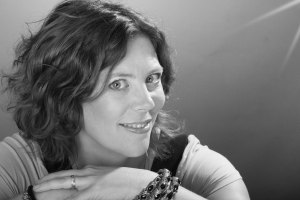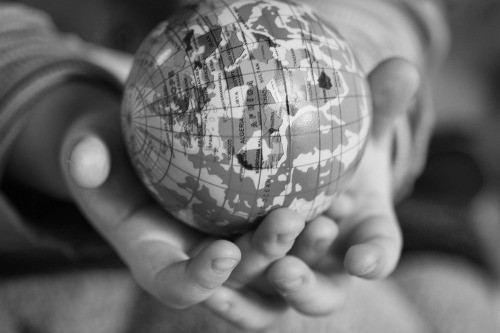Part 6a of my Magic Test of Seven
So what did I learn from the marvelous book from John-Paul Flintoff titled: “How to change the world“?
Let me start off with a few sentences from the book that very much resonated with me:
“The Russian novelist Leo Tolstoy was one of the first to observe that history should more accurately be considered to consist of the combined effect of the many small things that ordinary individuals do every day: “An infinitely large number of infinitesimally small actions”. As Tolstoy saw it, we are making history from the moment we get up in the morning till we go to bed at night.
It is not only the things we do that make history, it’s also the things we don’t do.
Studies have shown that inducing fear about the way things are, without simultaneously giving people a sense of purpose, can actually suppress their immune system – it will make them feel unwell. The psychiatrist Viktor Frankl based his life’s work on this insight, which he saw for himself as a prisoner in Nazi concentration camps. The prisoner who had lost faith in his future was doomed. In his book Man’s searching for Meaning, Frankl quotes Nietzsche: ‘He who has a “why” to live for can bear almost any “how”.‘ If we find a reason, we can overcome anything.
…,if we are really interested in changing the world, we have to put other people first. Every attitude we assume, every word we utter, and every act we undertake establishes us in relation to others. We may be alone in the realms of our private thoughts, perceptions, and feelings, but the world we want to change consists of other people.
Hope is not a passive thought; it is a call to action.
Be careful not to get too wrapped up in thinking of those small steps only as part of something bigger. Really enjoy them in their own right. The principles in this book will only work if they come from the heart. What is proposed is not a bag of tricks, but a new way of living.
Write down your triumphs, with specific details. Because it is those details, as much as any stories you will find written here, that will give you the courage to go even further.
Changing the world is a job that never ends. In that sense, it’s not as much a job as a state of mind: attentive to the way things are, willing to share responsibility for it, and determined not to make despair convincing, but hope possible.
You can be one of them.”
As so often reading books triggers me to want to read more. In this case, my interest was drawn to Trenna Cormack. As per John-Paul, he met her at a party and more out of politeness decided to read the book that she wrote after attending an event called ‘Be the change’. During the event, she felt “This is brilliant! There should be a book about this”. And took it upon herself to write it, interviewing numerous people who inspired her.
The funny thing is that often times many roads lead to the same places. Looking up her book on the Internet, I found myself reading this Be the Change Interview by Trenna Cormack. Only at the very end I realized it was the story of Satish Kumar. Just a little while ago my mom emailed me and told me to watch his TED talk, which I did. The world is so large, yet so small.
Last but not least, through the book I learned about Toby Ord, who created the website www.givingwhatwecan.com. A fascinating website that lets you calculate how rich you are compared to everyone else in this world. With the aim to show you what donating just a percentage of your income could do to the world. A very factual approach that does not hide the fact, that you should aim to give aid where it can be used most efficiently.
“If you’ve always wanted to give more to charities that do incredible things, Try Giving is an excellent way to keep yourself on-track and motivated.”
In an impulse, I’ve signed up to donate 5% of my income for the coming five years.
Everyone starts somewhere.


